Traveling with a Baby with Food Allergies
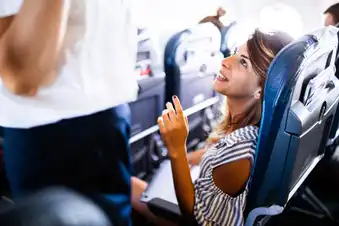
Talk to Your Flight Crew
If you’re flying to your destination, contact the airline ahead of time and ask about their allergy protocols and policies. Talk to the flight attendants when you board to be sure they know of your child’s allergies.
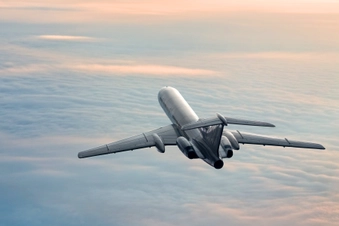
Consider Early Flights
Many airlines clean their planes most thoroughly at the end of the day. An early morning flight may decrease the chances of crumbs or residue in your seating area. If possible, book nonstop flights only to lower your risk.
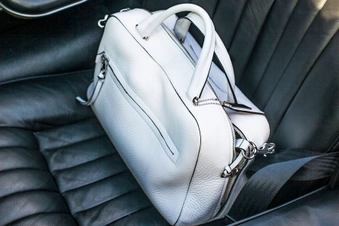
Keep Meds Close
Put all your allergy essentials – especially medications – in your carry-on instead of your checked luggage. If you’re traveling by car, keep them near your seat instead of the trunk. Same with allergy-friendly formula, should you use it.
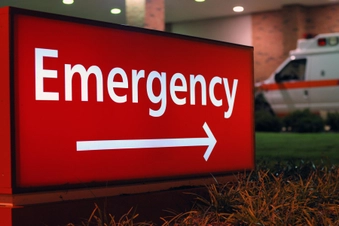
Scout the Area
Before you reach your destination, find out where urgent cares, hospitals, pharmacies, and grocery stores that carry the formula or allergy-friendly baby food you need are so you’re already aware should an emergency happen.
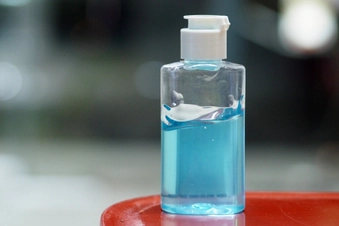
Be Disinfectant-Ready
Travel with wipes and anything else that will help ensure surfaces you sit on or items you touch are allergen-free. And while it’s a good idea to always have hand sanitizer with you, know that it’s not going to get rid of allergens.
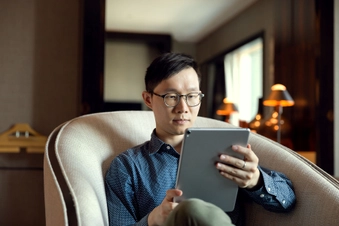
Research Restaurants
Eating out is always tricky with allergies, but new restaurants pose new unknowns. If you plan to take your little one out to eat, learn as much as you can about what they serve, and either pack their own mini-meal or ask your server to confirm the ingredients of any food you order.
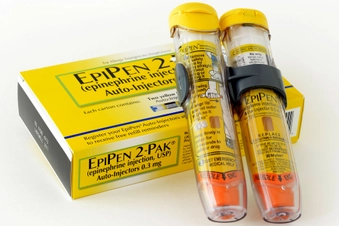
Prep Your EpiPen
Keep your medications in their original packaging so others know exactly what they are. Bring an extra EpiPen if you have it, and be sure everyone you’re traveling with knows how to use it.
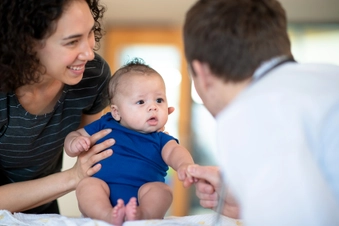
Consult With Your Doc
Call or visit your child’s doctor before your trip. They can write a medical note that confirms your child’s diagnosis. This can help if you’re in places where outside food and drink are typically not allowed.
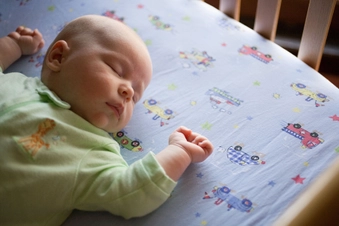
Bring Barriers
Babies love to touch and mouth anything they can get their hands on. Pack an extra crib sheet or highchair cover so you can protect your child from accidental allergen exposure.
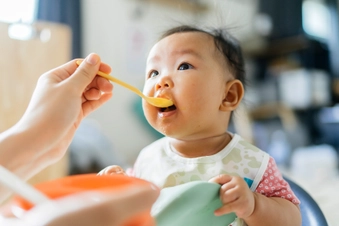
Now’s Not the Time for New
Introducing solids to your allergy-prone baby is a process that requires careful monitoring and attention. Stick to safe foods when you’re away from home, and wait until you’re in range of your doctors and a familiar area before you try anything new.

Communicate Early and Often
Be sure those around you – whether seat mates, or air, hotel, or restaurant staff – know that you have a child with a severe allergy. The more people who are aware, the more protection you have.
Show Sources
IMAGES PROVIDED BY:
- iStock / Getty Images Plus
- E+ / Getty Images
- Cavan / Getty Images
- sshepard / Getty Images
- Moment / Getty Images
- Moment / Getty Images
- Martin Shields / Science Source
- E+ / Getty Images
- Image Source / Getty Images
- Moment / Getty Images
- The Image Bank / Getty Images
SOURCES:
Stanford Medicine: “Flying with Food Allergies: Safety Tips.”
American Academy of Allergy, Asthma and Immunology: “Managing Food Allergies While on Vacation.”
FARE: “Traveling With Children.”